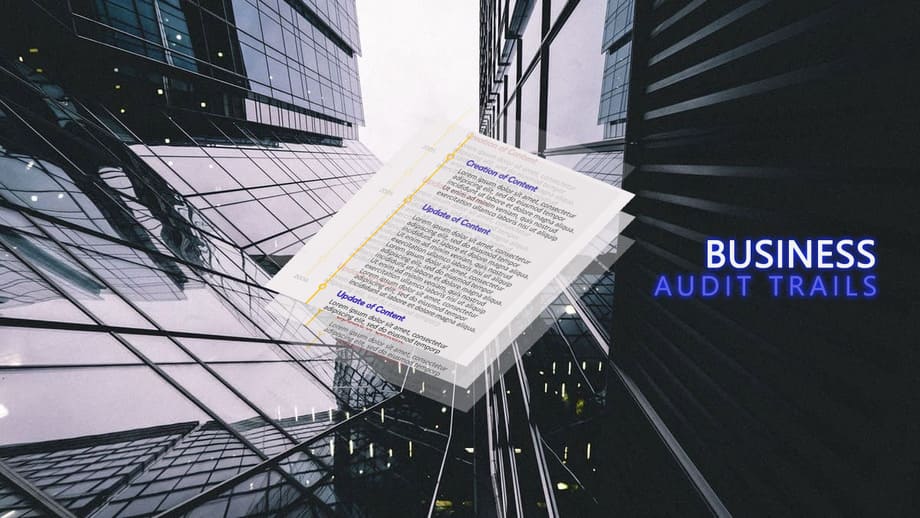Regulatory Compliance Journal
2 articles matching hawala tag
How the EU’s DSA and DMA are redefining digital platform regulations
The Big Four of technology—Google, Amazon, Facebook, and Apple—have become integral to our daily lives, influencing everything from simple online searches to the handling of our personal data. With their growing dominance and impact, these internet giants wield a level of power that has pl...
- 8 min read
SEPA Instant Payments : understanding the requirements and deadlines of regulation 2024/886
The silent payments revolution is finally upon us. With the first compliance date of Regulation 2024/886 set for January 09, 2025, instant payments are set to become an integrated part of day-to-day banking. The Instant payment regulation (IPR) was voted on 13/03/24 and was effective by 08/04...
- 6 min read
How are gatekeepers used for money laundering?
In the world of finance, gatekeepers such as accountants, and lawyers are meant to safeguard against financial crime. Yet, these very players can sometimes become unwitting—or even complicit—partners in money laundering schemes. The expertise that makes these professionals indispensable to ...
- 9 min read
How to improve compliance culture?
A strong compliance culture helps to establish the foundation for a lasting positive impact for a company, its employees, and its clients by achieving ethical practices, clear values, and the respect of local and international legislation. Despite its benefits and legal necessity, most companie...
- 7 min read
How to set up a conflict of interest program
Imagine a situation in which the integrity of your organisation is corrupted by personal gain – how would you respond? In the field of business ethics, a strong conflict of interest program is the cornerstone that keeps an organization's reputation intact. With it, transparency isn't ju...
- 10 min read
Looking for Regulatory Watch Newsletter?
More work
How important are audit trails for your company?
Financial firms, Audit, Ethics, Governance, Conduct Risk, RegTech, Transparency, Financial Institutions, AML, MiFID2, KYC,An audit trail (also called audit log) is a relevant chronological recording of actions, a set of files, or the destination of a collection of records that represent a sequence of successive activities or events within an operational environment, a p...
How is artificial intelligence a challenge to GDPR?
Compliance, Data breach, Data Protection Authority, Data Security, Europe, EU, GDPR, Privacy, Personal Data,In today's data-driven world, the rapid advancement of artificial intelligence (AI) is revolutionizing industries and empowering businesses to unlock unprecedented opportunities. But this changing landscape has given rise to privacy and security i...
European Data Protection Authorities Websites [Compiled list]
Data Protection Authority, GDPR, National Personal Data Authority, Europe, Data Protection Watchdog, DPA, EDPB, Privacy,The protection of privacy has grown to be of utmost importance in a society where our every action is digitally recorded and where personal information is exchanged like an untraceable currency. European Data Protection Authorities (DPAs) have launc...













![European Data Protection Authorities Websites [Compiled list] Pideeco Journal](https://pideeco.be/assets/images/articles/dpa-eu-list-data-protection-authorities.jpg)